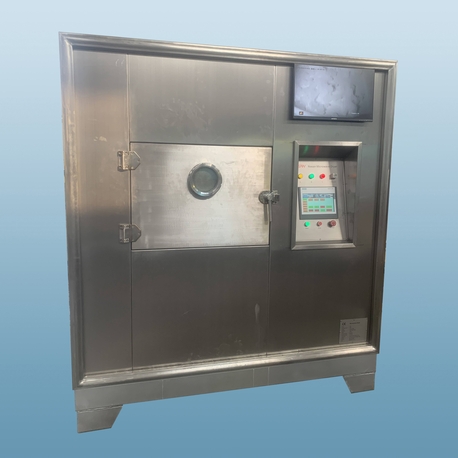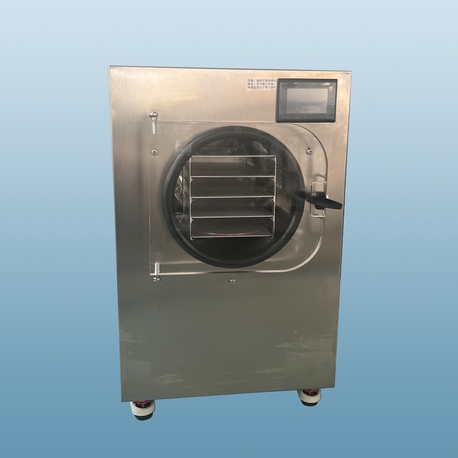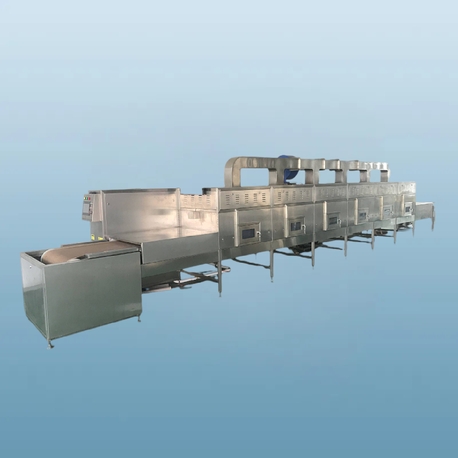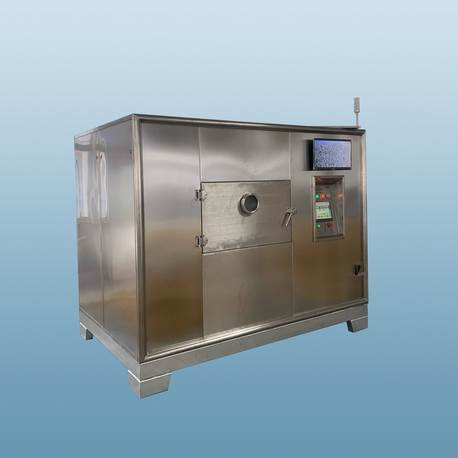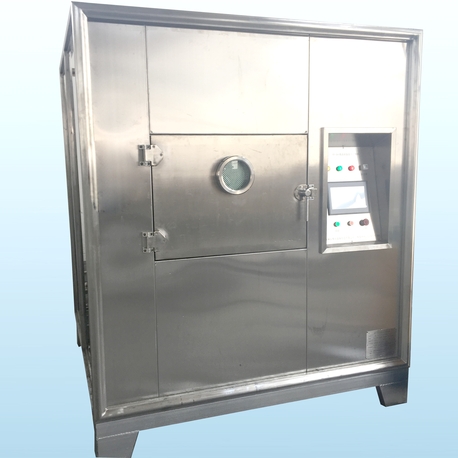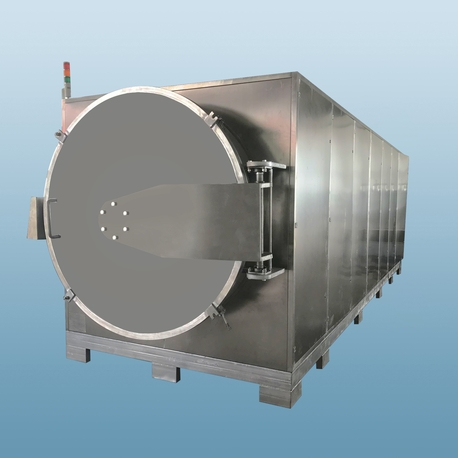In the world of food processing, achieving consistent, high-quality dried meat products is both an art and a science. Whether producing jerky, biltong, or other dried meat snacks, the equipment at the heart of the operation is paramount. This article delves into the critical role of the industrial meat dehydrator, explores how to select a reliable industrial meat dryer manufacturer, analyzes factors affecting industrial dehydrator price, and outlines the benefits of investing in a custom meat drying solution. We will also address common challenges faced in the industry.
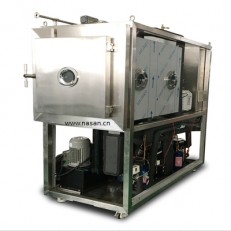
Understanding the Industrial Meat Dehydrator
An industrial meat dehydrator is a far cry from its small domestic counterpart. Designed for high-volume, continuous production, these systems are engineered to remove moisture from meat efficiently and uniformly, ensuring food safety, extending shelf life, and preserving nutritional value and flavor.
These machines utilize precisely controlled airflow, temperature, and humidity levels to dehydrate meat products. Unlike simple drying, industrial dehydration is a meticulous process that prevents case hardening—where the outside of the meat dries too quickly, trapping moisture inside—which can lead to spoilage. Modern units often incorporate sophisticated technology like programmable logic controllers (PLCs) and humidity sensors to automate the process and guarantee batch-to-batch consistency.
The applications are extensive, ranging from large-scale jerky production for national brands to specialized operations creating artisanal charcuterie. The core value of an industrial meat dehydrator lies in its ability to scale up production without compromising on the quality of the final product.
Choosing a Reputable Industrial Meat Dryer Manufacturer
Selecting the right industrial meat dryer manufacturer is a decision that will impact your operation's productivity, product quality, and bottom line for years to come. Not all manufacturers are created equal, and due diligence is essential.
When evaluating a potential manufacturer, consider the following criteria:
Experience and Reputation: Look for a manufacturer with a proven track record in the food processing industry. How long have they been in business? Do they have case studies or testimonials from other meat processing clients? A reputable manufacturer will have deep industry knowledge.
Technology and Innovation: The best manufacturers invest in research and development. Inquire about the technology embedded in their dehydrators. Features like energy-efficient heat recovery systems, advanced airflow design, and user-friendly touchscreen interfaces are signs of a forward-thinking company.
Hygienic Design and Compliance: Equipment must be easy to clean and comply with food safety standards such as USDA, FDA, and HACCP. Look for models constructed with food-grade stainless steel, seamless welds, and accessible components for cleaning and maintenance.
Service and Support: The relationship doesn't end at the sale. A reliable manufacturer will offer comprehensive after-sales support, including installation, operator training, maintenance services, and readily available spare parts. This support is crucial for minimizing downtime.
Partnering with an established industrial meat dryer manufacturer ensures you receive not just a machine, but a partnership geared toward your long-term success.
Factors Influencing Industrial Dehydrator Price
The industrial dehydrator price can vary significantly, ranging from tens of thousands to hundreds of thousands of dollars. Understanding what drives these costs is key to making a sound investment decision.
Several core factors determine the final price:
Capacity and Throughput: The size of the unit and the volume of meat it can process per cycle is the most obvious cost driver. Larger tunnels or multi-tiered conveyor dryers command a higher price.
Construction Materials: Units built entirely from high-grade, corrosion-resistant stainless steel will be more expensive than those using alternative materials for non-critical parts. The quality of construction directly impacts longevity and compliance.
Technology and Automation: A basic dryer with manual controls will be less expensive than a fully automated system with a PLC, recipe storage, remote monitoring, and data logging capabilities. Automation improves consistency and reduces labor costs but increases the initial investment.
Energy Efficiency: Dryers equipped with heat pumps or energy recovery systems have a higher upfront cost but can lead to substantial savings on utility bills over their lifespan. The industrial dehydrator price should be evaluated against the total cost of ownership.
Customization: An off-the-shelf model will be cheaper than a fully custom meat drying solution. Custom engineering to fit specific spatial constraints or unique product requirements adds to the development and manufacturing cost.
When considering the industrial dehydrator price, it's vital to look beyond the initial sticker price and evaluate the machine's efficiency, durability, and potential return on investment.
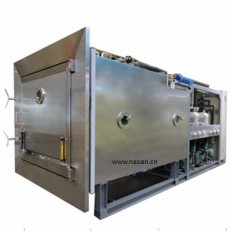
The Advantage of a Custom Meat Drying Solution
While standard dehydrators work well for many applications, some operations have unique needs that can only be met with a tailored approach. This is where a custom meat drying solution becomes invaluable.
A custom solution is designed from the ground up to address specific challenges and objectives. This could include:
Unique Product Formats: Designing drying racks or trays for non-standard meat cuts or shapes.
Integration with Existing Lines: Engineering the dehydrator to seamlessly fit into an existing production conveyor system.
Specific Drying Profiles: Creating a system that can achieve very precise temperature and humidity curves for proprietary recipes or novel products.
Space Constraints: Designing a vertical or compact dryer to maximize floor space in a facility.
Specialized Sanitation Requirements: Incorporating specific clean-in-place (CIP) systems or materials for operations with stringent hygiene protocols.
Developing a custom meat drying solution involves close collaboration between your technical team and the manufacturer's engineers. The result is a piece of equipment that is perfectly optimized for your product and workflow, ultimately enhancing efficiency, yield, and product quality in a way a standard unit never could.
Common Challenges in Industrial Meat Dehydration
Even with the best equipment, processors can encounter issues. Being aware of these common problems helps in preventing them.
Inconsistent Drying: This is often caused by uneven airflow or overcrowding of trays. Solutions include regularly maintaining fans and ensuring product is spaced according to the manufacturer's guidelines.
Case Hardening: As mentioned earlier, this occurs when the drying temperature is too high or humidity is too low at the start of the cycle. The outside seals, trapping moisture inside. The fix is to start with a lower temperature and higher humidity setting, allowing moisture to migrate slowly to the surface.
High Energy Consumption: Dehydration is an energy-intensive process. To mitigate costs, invest in an energy-efficient model with good insulation and consider heat recovery systems.
Bacterial Growth: If the dehydration process is too slow or occurs at unsafe temperatures (between 40°F and 140°F / 4°C and 60°C for too long), bacteria can proliferate. Strict adherence to validated time-temperature parameters is critical for food safety.
Equipment Cleaning and Maintenance: Failure to clean the dehydrator thoroughly and regularly can lead to biofilm formation and cross-contamination. Choosing a unit with a hygienic design and following a strict sanitation schedule is non-negotiable.
Over-reliance on Manual Processes: Manual loading, unloading, and monitoring can lead to human error and inconsistency. Automating these processes where possible improves consistency and throughput.
Investing in an industrial meat dehydrator is a significant step toward scaling production, ensuring product consistency, and meeting market demands. The journey involves careful selection of a reputable industrial meat dryer manufacturer, a clear understanding of the factors affecting industrial dehydrator price, and an openness to exploring a custom meat drying solution if standard models don't meet your needs. By understanding common operational challenges and how to address them, you can maximize the efficiency and output of your dehydration process, ensuring your dried meat products stand out for all the right reasons.


